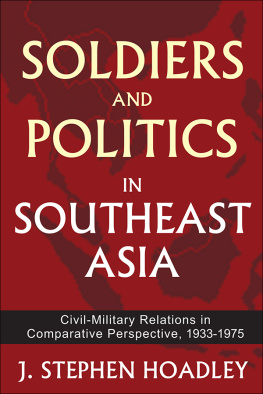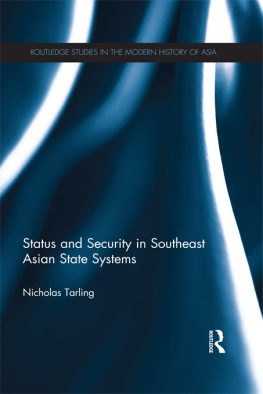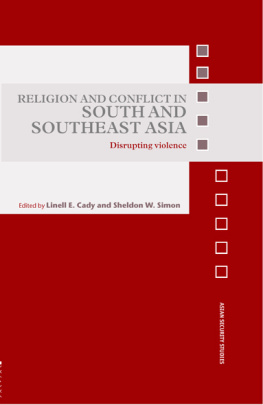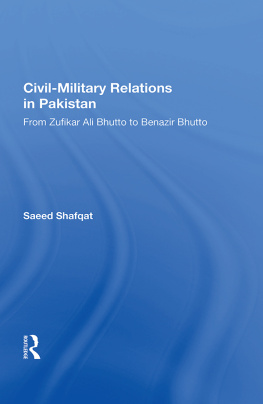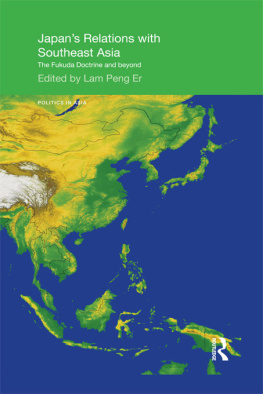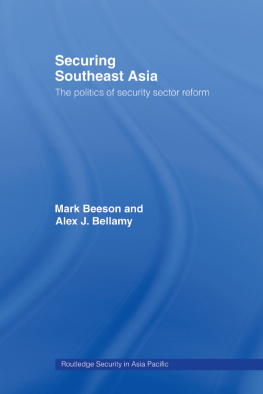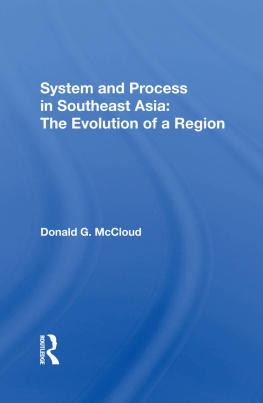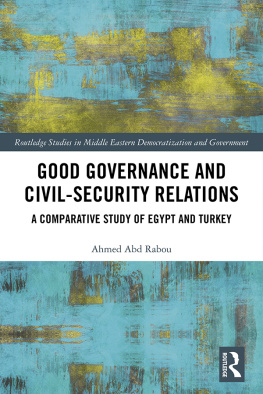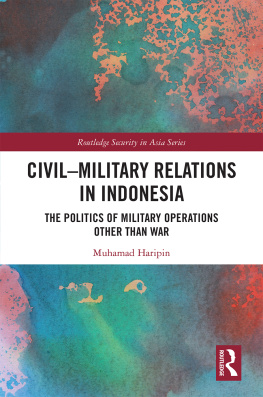The role played by military officers in modern politics is a subject of concern to citizen and scholar alike and promises to remain so for decades to come. Scarcely a week goes by without a military coup detat being attempted, and often succeeding, somewhere in Latin America, Africa, the Middle East, or Asia, and at present over one-third of the worlds 140-odd governments are dominated or heavily influenced by military cliques, juntas, or strongmen.
Military coups, or more broadly, military interventions in political affairs, are most often found in new and poor nations, conventionally called developing nations. This is not coincidental, for it is in these nations that social and economic tensions are high, political consensus is low, and the relationship between military officers and civilian elites is competitive rather than complementary. Under conditions such as these military involvement in politics is likely to be a fact of political life in the third world for the foreseeable future, however vigorously deplored by those committed to the principle of civilian supremacy in government. If so, it is incumbent upon us to understand this phenomenon better and to respond to it with fuller awareness of its many ramifications.
This book attempts to increase this awareness and understanding by presenting three aspects of civil-military politics in developing nations. First, it brings into focus the role of military officers in the politics of Southeast Asia, thus filling a gap in the book-length literature on this particular developing region. Second, it presents not only country-by-country surveys of recent civil-military events but also selected comparisons of aspects of civil-military relations, thus placing each case within the broader contexts of Asia and the world. And third, it advances and tests with statistical evidence several hypotheses concerning causes and consequences of military involvement in politics, thus providing the reader with examples of how perplexing political questions can be investigated systematically. Perhaps not exhaustive in all of these respects, the following study nevertheless opens the way to increased comprehension of civil-military politics as now encountered in the worlds developing nations.
In preparing the following pages for publication I had the benefit of advice from the following individuals: Professors James Davis and John Kautsky of Washington University, St. Louis; Professor Ben Anderson, Miss Elizabeth Graves, and Messrs. Fred Bunnell, Pat Hoadley, Joel Rocamora, and Frank Weinstein all associated with Cornell Universitys Modern Indonesia Project in 1970; Professor Don Emmerson, now at the University of Wisconsin; Professor Michael Curtis of Rutgers University; Professor Kyoung Kun Har of Chung-an University, Seoul; Dr. Kamol Somvichian and Mr. Jon Harger, Chulalongkorn University, Bangkok; Professor Josef Silverstein and Dr. Muhammad Ansori Nawawi, associated with the Institute of Southeast Asian Studies, Singapore; Dr. Ted Smith of the Ford Foundation, and Dr. Alfian, of the National Economic and Social Institute, Djakarta; Mr. Oteng Sutisna of the Institute of Teacher Training and Pedagogy and Dr. Dachlan Nasution of Padjadjaran University, Bandung, in addition to a score of American and New Zealand diplomatic officials. I also had the opportunity to consult many helpful domestic officials of Thailand, South Vietnam, Burma, South Korea, and Indonesia whose comments were trenchant but who preferred to remain unnamed. My wife, Wyn, deserves mention by name for helpful suggestions, as do Miss Rosan McLeod and Miss Jill Coutts for their conscientious typing of the final manuscript.
Two institutions whose resources and direct and indirect support aided research for this book are Washington University, whose Political Science Department, Graduate School of Arts and Sciences, and library sustained the body and nurtured the intellect of the present author, and Cornell University, whose library and Modern Indonesia Project provided the author with a wealth of data and a context for scholarly exchange on several levels.
Having given credit where it is due, the author hastens to accept blame for distortions, errors, or omissions that may be found in the following text.
J. Stephen Hoadley
Auckland, New Zealand
December, 1973

